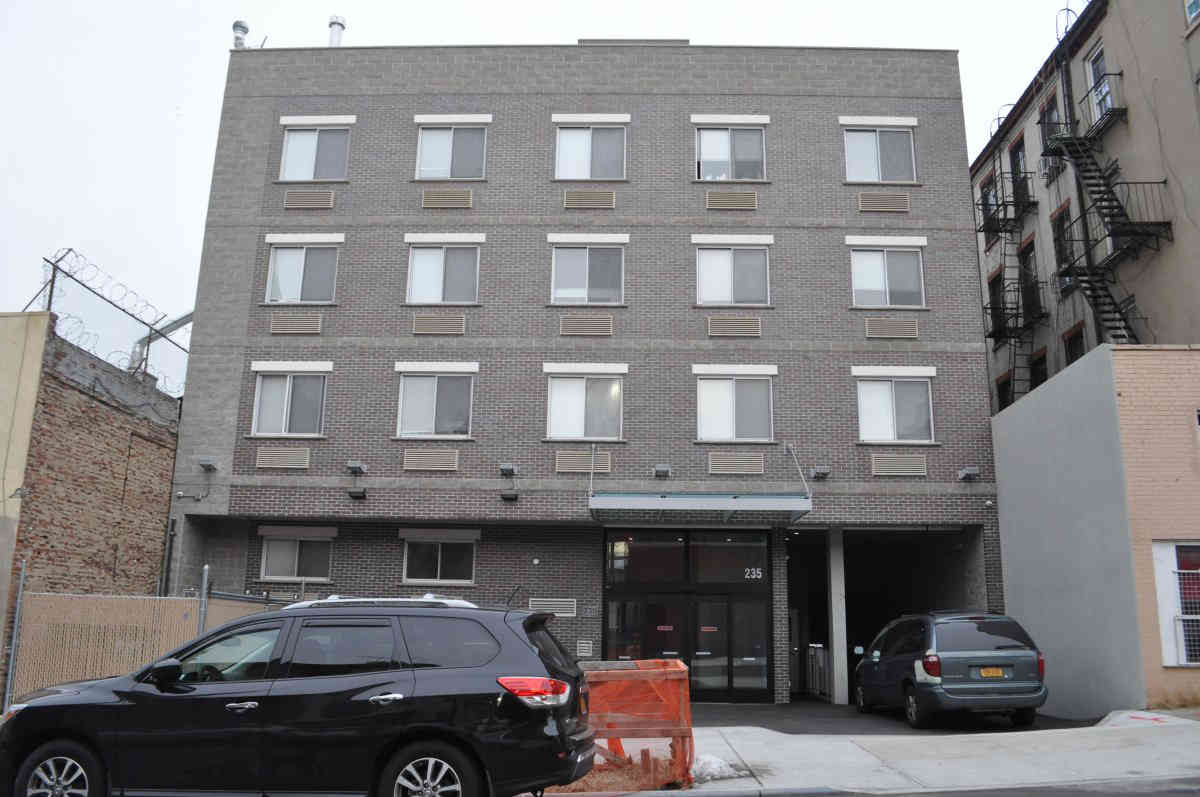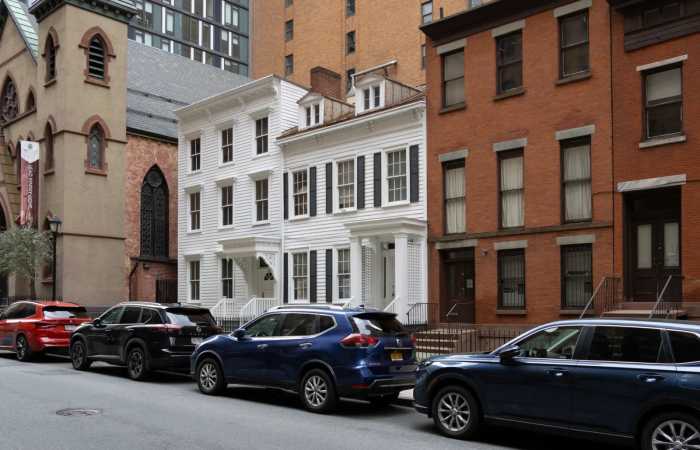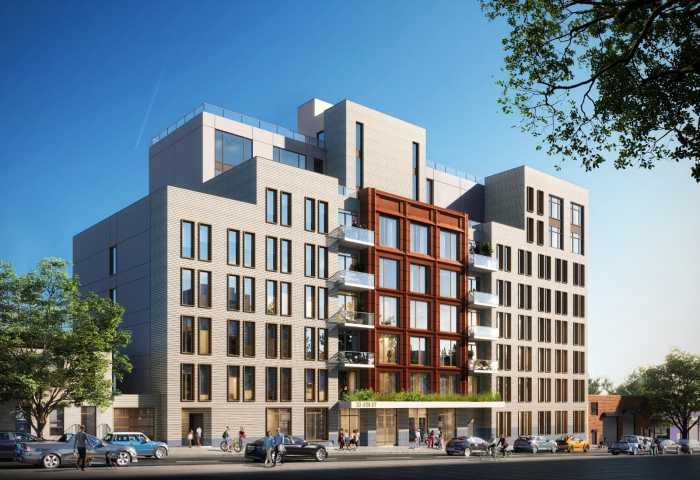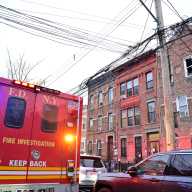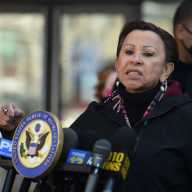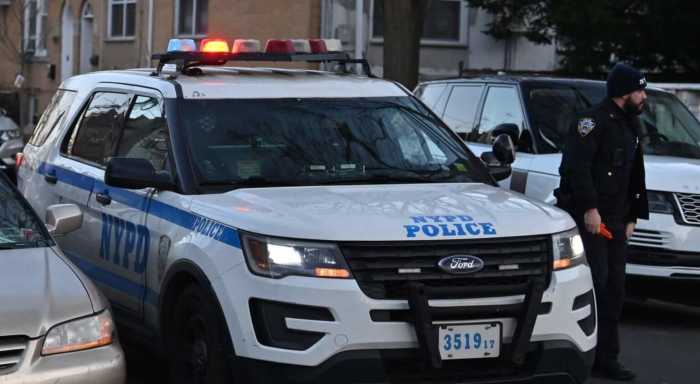Members of Community Board 7’s committee on homelessness convened on July 25 to address the problem of the city opening shelters in Sunset Park without consulting the board, according to the board’s district manager.
“I don’t have a problem with homeless folks in general — I have a big problem with the Department of Homeless Services,” said Jeremy Laufer. “I think it’s a very poorly run agency. I don’t think they consider the communities that they are hosted in.”
But even worse than not giving information, Laufer alleges that the agency sometimes knowingly provides false information.
“I think they outright lie to the public, and they get district managers to lie to people when they spread their false information,” he said.
The eleven members of the two-year-old ad hoc committee gathered at the board’s office at Fourth Avenue and 43rd Street to discuss its new mission and plan strategy. The committee chairwoman, Karen Rolnick, drafted the mission statement, which echoed Laufer’s sentiment that the locals were not seeking to demonize people living in shelters, but instead “ensure that homeless people in our district get the support and services they need, while also ensuring that the presence of shelters does not negatively impact safety or quality of life in our neighborhood.”
“We need to have a stated goal, I think, so we don’t become the ‘not-in-my-backyard’ group or anything like that,” Rolnick said.
Locals have blasted the city in recent years for converting so many hotels in the neighborhood to homeless shelters, complaining that the district hosts a disproportionate number of shelters because the area actually has a low number of homeless people.
There are currently more than 260 homeless people from CB7’s district in shelters citywide, according to a spokesman for the homeless-services agency, but the district hosts more than twice that number — providing 825 beds divided between three traditional shelters and six commercial hotels being used as emergency shelters.
The 650 beds in commercial hotels will be phased out under Mayor DeBlasio’s plan to stop using hotels by 2023, according to spokesman Isaac McGinn, but the agency expects to find traditional shelter space in the district for at least another 100 people who previously lived in the district over the next few years.
Laufer said he was aware of the agency’s plan to open new shelters in the district, but didn’t know how they would stick to their timeline since Mayor DeBlasio will be out of office by 2023.
“What they don’t tell you is that the plan goes beyond DeBlasio’s administration, so how do they plan on enforcing it?” he asked.
Beyond complaints about the total number of shelters, Sunset Park residents also take issue with how the city tends to dumped them in the district with no consultation and little notice. Last December, for example, locals were irate that the city gave them less than 24-hour’s notice of its plan to use 22 of the Brooklyn Way Hotel’s 99 rooms to house homeless people.
Because it was an “emergency shelter,” explained a spokeswoman for the Department of Homeless Services, the city technically didn’t have to give the community notice.
But McGinn said that the agency was committed to keeping communities in the loop as they opened new shelters.
“Communities will be the first to know as new locations are identified for use as shelter,” he said.
Rolnick said a first step for the committee would be to demand from the city the locations of all the shelters in the district and the total number of beds, and start contacting the shelters directly about how best to integrate the shelters into the community.
“It’s so opaque to even try to find out where the shelters are,” she said. “In the short term, we should start contacting these shelters immediately, two of us going to these places as part of the community board and getting information and talking to them to see if they’re willing also to come to our meeting and talk with us also.”
Laufer added that the committee should also form working groups composed of locals, board members, and representatives from the local shelters to act as a liaison between the shelters and the general public.
“I really think a short-term goal should be to have a single community advisory committee for all of [the shelters], or a community advisory committee for each of them, perhaps depending on how large they are,” he said.


